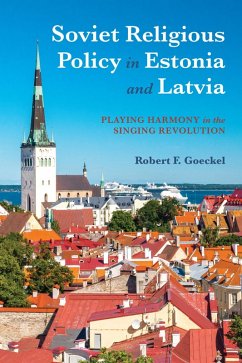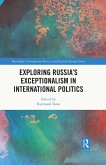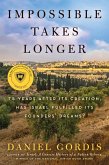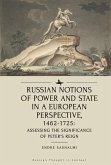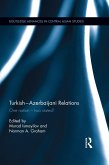At the intersection of faith, culture and politics, this in-depth study examines the effects of Soviet religious policy in Baltic states after WWII. While Russia was a predominantly Orthodox country, the Baltic states it annexed after the Second World War-such as Estonia and Latvia-featured Lutheran and Catholic churches as the state religion. Based on extensive research into official Soviet archives, some of which are no longer available to scholars, Robert Goeckel explores how central religious policy accommodated these differing traditions and the extent to which these churches either reflected or subverted nationalist ideals. Goeckel argues that national cultural affinity with Christianity helped to provide a basis for the eventual challenge to the USSR. The Singing Revolution restored independence to Estonia and Latvia, and while Catholic and Lutheran churches may not have played a central role in this restoration, Goeckel shows how they nonetheless played harmony.
Dieser Download kann aus rechtlichen Gründen nur mit Rechnungsadresse in A, B, BG, CY, CZ, D, DK, EW, E, FIN, F, GR, HR, H, IRL, I, LT, L, LR, M, NL, PL, P, R, S, SLO, SK ausgeliefert werden.

